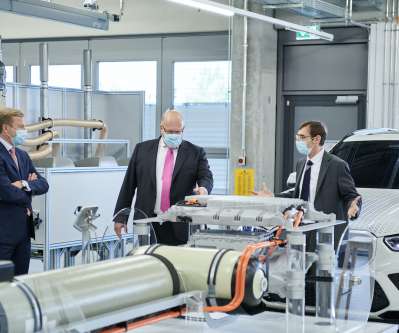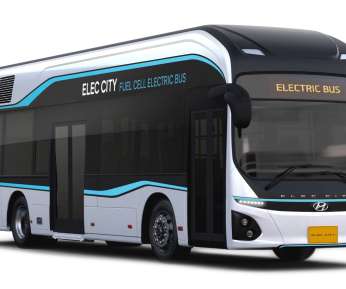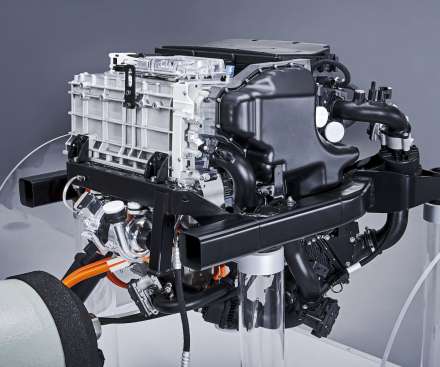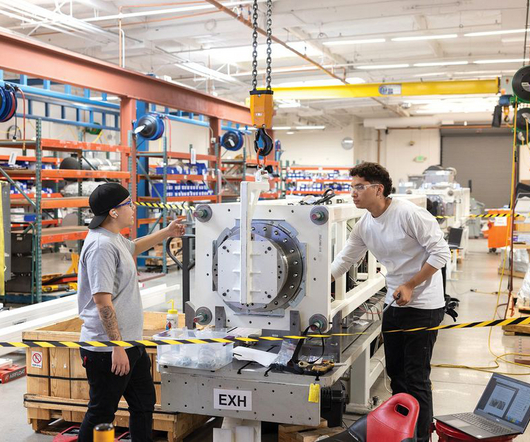BMW to pilot second-generation hydrogen fuel cell drives in small series from 2022
Green Car Congress
JULY 25, 2020
The BMW Group will pilot the second generation of hydrogen fuel cell drives in a small series in the BMW i Hydrogen NEXT based on the current BMW X5 from 2022. The fuel cell stack and the overall system are original developments of the BMW Group; individual cells of the fuel cell will come from Toyota.









































Let's personalize your content